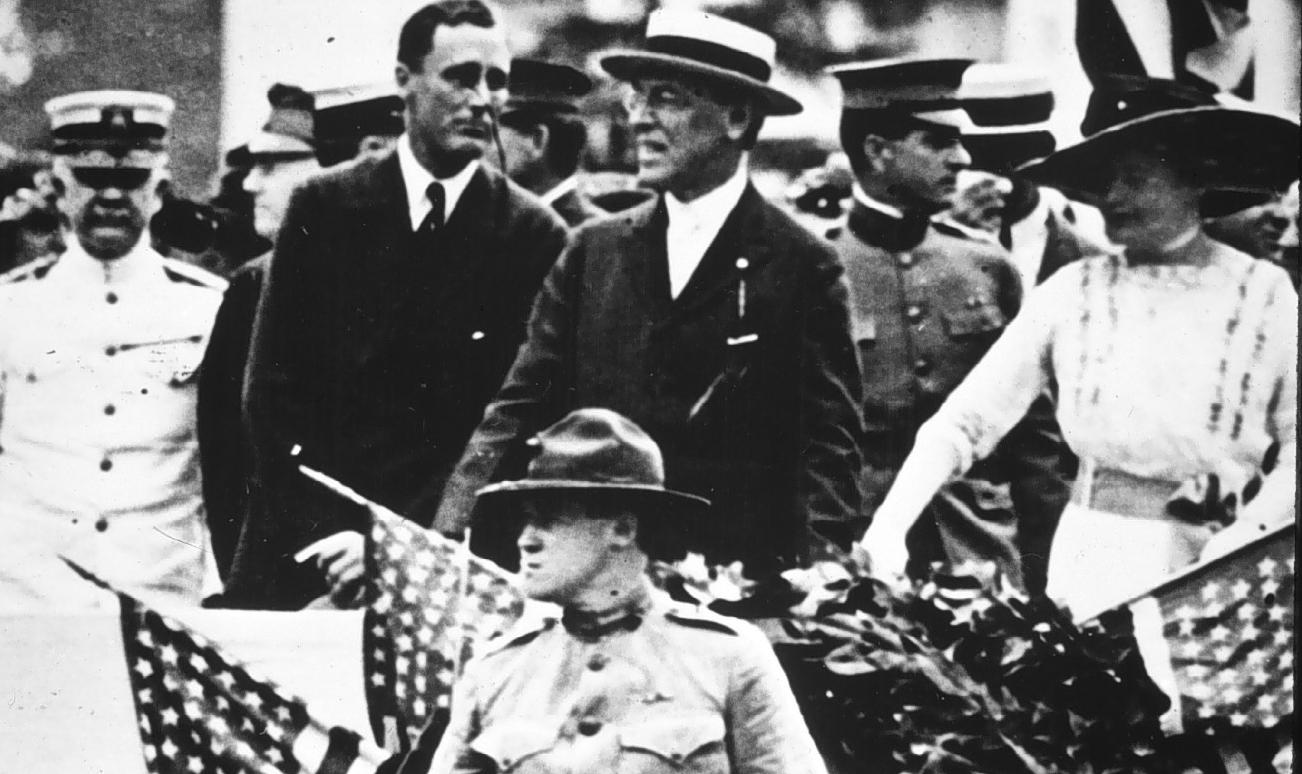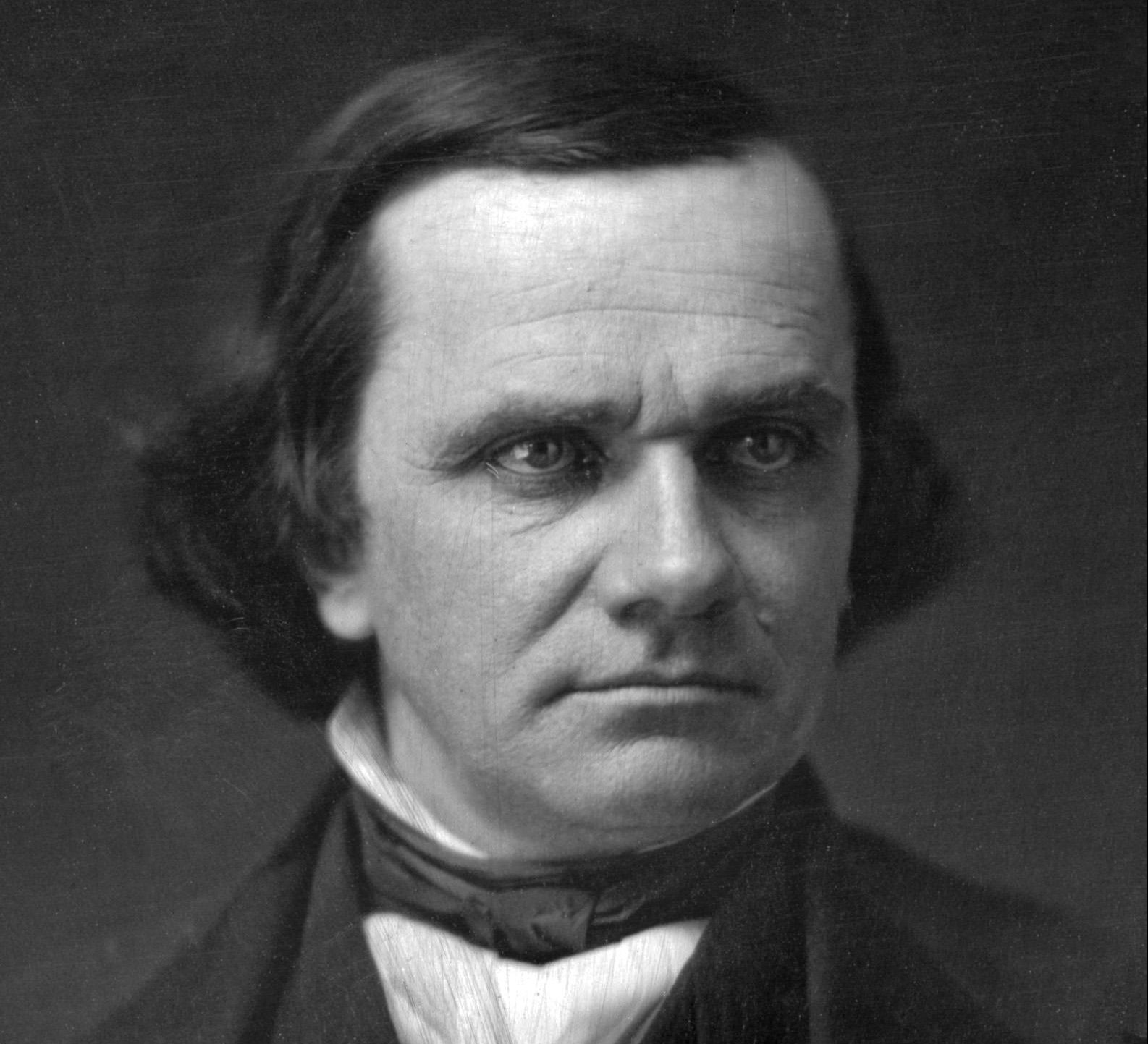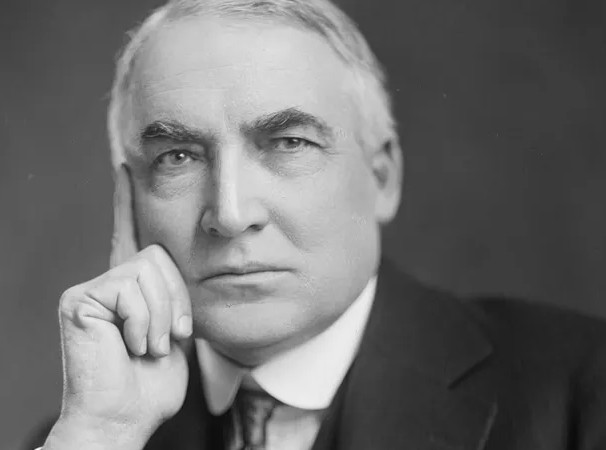Although the former governor of New Jersey only carried New Jersey in one of his two presidential runs, Democrat Woodrow Wilson is still the only New Jerseyan to win the presidency.
In 1912, at the conclusion of his second year as governor, Wilson won a three-way campaign and won New Jersey with 41.2% of the vote.
The progressive candidate, former president Theodore Roosevelt, came in second with 33.6% of the vote. William Howard Taft, a Republican and the incumbent, took home 20.5%.
Wilson only won 50% of the votes in Hudson, Hunterdon, Sussex, and Warren, but he still captured 17 counties.
The counties of Essex, Passaic, Ocean, and Cumberland were won by Roosevelt.
Wilson’s coattails helped Democrats gain 28 new Assembly seats, one new State Senate seat, and 11 of 12 congressional seats—only a Republican representative from Camden County survived. Democrats now hold a 51-9 majority in the Assembly and a 12-9 majority in the Senate.
Prior to the senators’ direct election, William Hughes, a 40-year-old former congressman and judge from Passaic County, defeated Republican U.S. Senator Frank Briggs by a vote of 63 to 17. This victory was made possible by the legislative gains.
Wilson did not enjoy long-term popularity in his own state.
Republican Charles Evans Hughes, a former governor of New York and justice of the U.S. Supreme Court, defeated him by almost twelve percentage points, 54.4%-43.7%, in 1916 when he stood for reelection.
Only the counties of Hudson, Hunterdon, Sussex, and Warren were won by Wilson.
New Jersey Republicans controlled both houses of the legislature and had nine congressmen following the 1916 election.
Wilson did not return to Princeton once his presidency ended in 1921; instead, he stayed in Washington, D.C.




